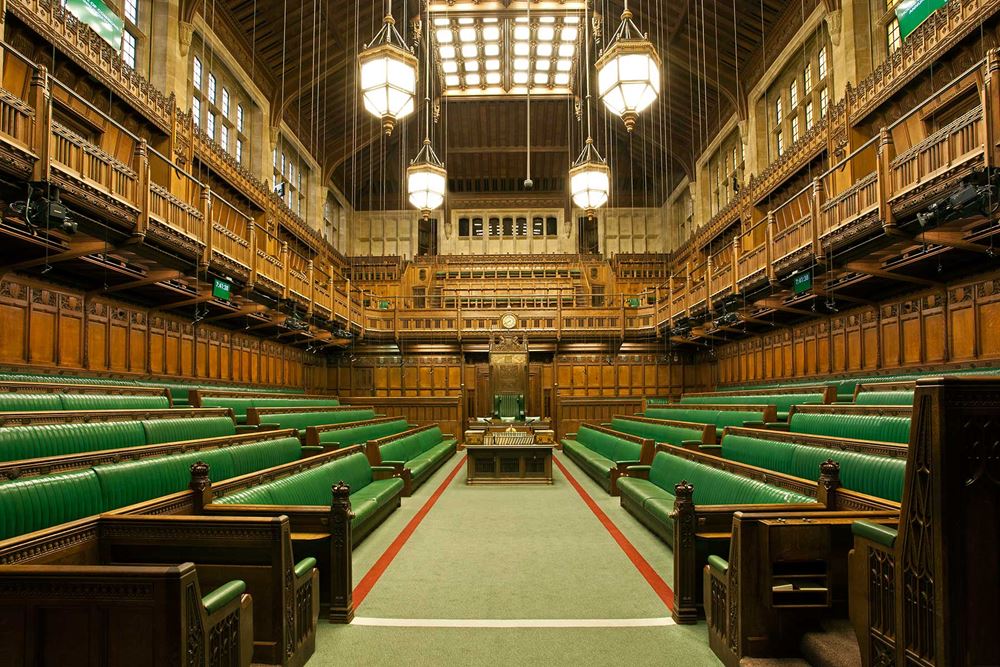The Department for Transport (DfT) is running a series of electric scooter trials in select areas across the country. The trials will run for twelve months, allowing the Government to investigate the true benefits and costs of electric scooters. E-scooters could ease the burden on the transport network and, in light of the Coronavirus, help to facilitate social distancing. However, the Government will need to scrutinise the full impact of electric scooters before any decision is made on whether they should be legalised.
I appreciate that people with disabilities, especially those who are blind and visually impaired, can be more greatly affected by some of the negative impacts of electric scooter use. It is important that our streets are as accessible as possible, and I welcome that the Department for Transport has carried out a preliminary assessment of the impacts of e-scooters on blind people. While there is currently limited evidence available, the current trials have been designed to enable the Government to gather robust and comprehensive evidence of the impact of e-scooters on all road users.
Local authorities must engage with local groups that represent the interests of disabled people before submitting a proposal to hold a trial, to allow concerns to be raised and, where possible, mitigated before trials commence. I understand that the Department have rejected proposals where this engagement has not taken place. Officials have also engaged with a range of key stakeholders, including representatives from: Guide Dogs, the RNIB, and the National Federation of the Blind of the UK.
As the trials continue to run, the Department has taken into account the possible implications for visually impaired people, and have attempted to minimise these through measures such as: not allowing e-scooter on pavements, and asking local authorities to consider in their trial plans ways to avoid e-scooters creating an obstruction when not in use. Following consultation last year, the Department now requires all e-scooters used in trials to have a horn or bell so that users can make others aware of their presence, and have also asked operators to develop more robust geo-fencing to tackle pavement riding and other anti-social behaviour.
I understand that a final report on e-scooter use will be published in spring 2022. Any future rules for e-scooters may not be exactly the same as the rules in trials, but they will be based on the evidence gathered.
